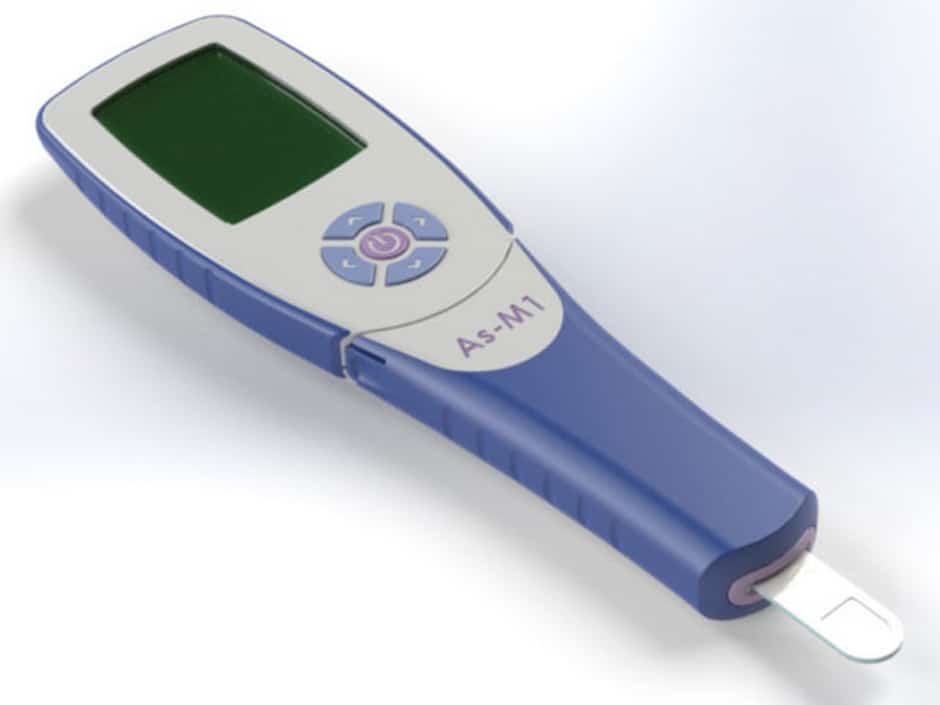Rapid sensor detects arsenic in drinking water for under $1 per test
An easy-to-use sensor that analyses drinking water for arsenic could save countless lives in low and middle income countries..
An easy-to-use sensor that analyses drinking water for arsenic could save countless lives in low and middle income countries.

The sensor has been developed by researchers at UCL and Imperial College London, with Biotechnology and Biological Sciences Research Council (BBSRC) funding through the government’s Industrial Strategy.
The World Health Organisation estimates that 140 million people worldwide drink water containing unsafe levels of arsenic. In one region of Bangladesh, around 20 per cent of all deaths are attributable to arsenic poisoning. The new sensor produces an immediate measure of arsenic at under $1 per test, making it suitable for testing multiple sites.
Dr Joanne Santini, Reader in Microbiology at UCL Structural & Molecular Biology, had the idea of developing a sensor to detect arsenic in water when she discovered a microscopic organism that consumes arsenic.
Follow-on funding and a CASE studentship from BBSRC allowed Dr Santini and Tony Cass, Professor of Chemical Biology at Imperial College London, whose work led to the development of the first electronic blood glucose monitor, to begin work on an arsenic sensor.
Register now to continue reading
Thanks for visiting The Engineer. You’ve now reached your monthly limit of news stories. Register for free to unlock unlimited access to all of our news coverage, as well as premium content including opinion, in-depth features and special reports.
Benefits of registering
-
In-depth insights and coverage of key emerging trends
-
Unrestricted access to special reports throughout the year
-
Daily technology news delivered straight to your inbox










Water Sector Talent Exodus Could Cripple The Sector
Maybe if things are essential for the running of a country and we want to pay a fair price we should be running these utilities on a not for profit...